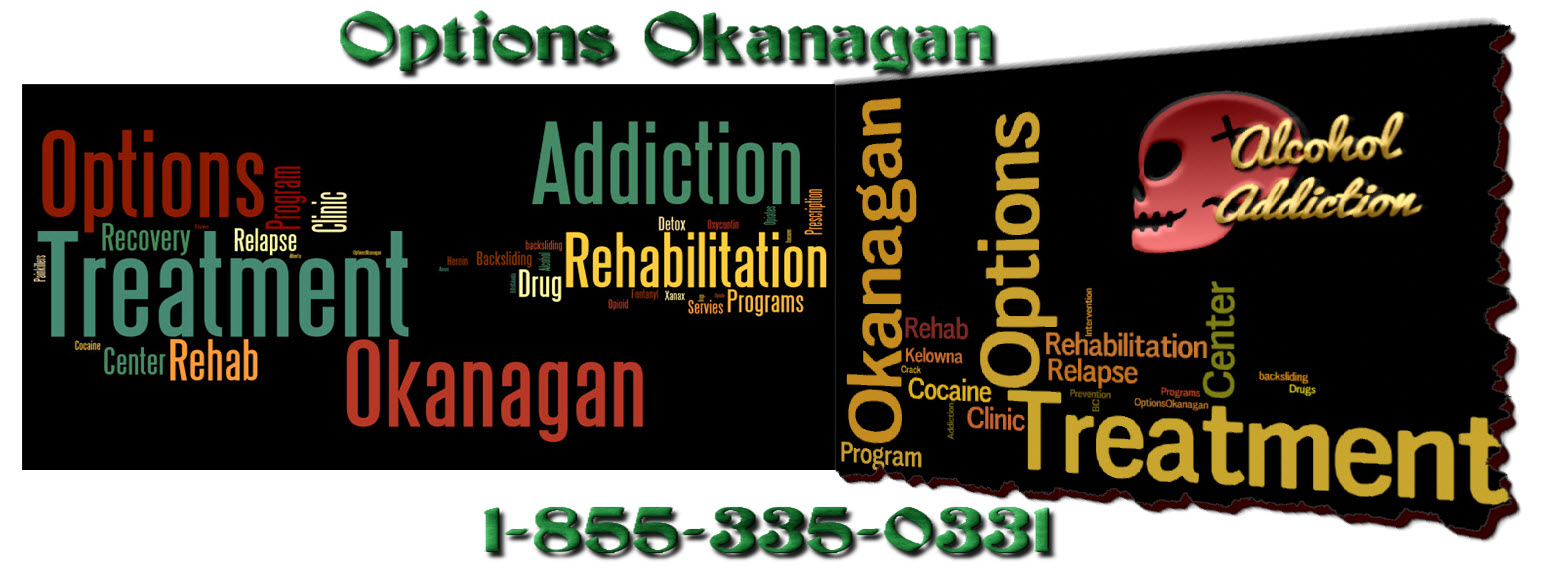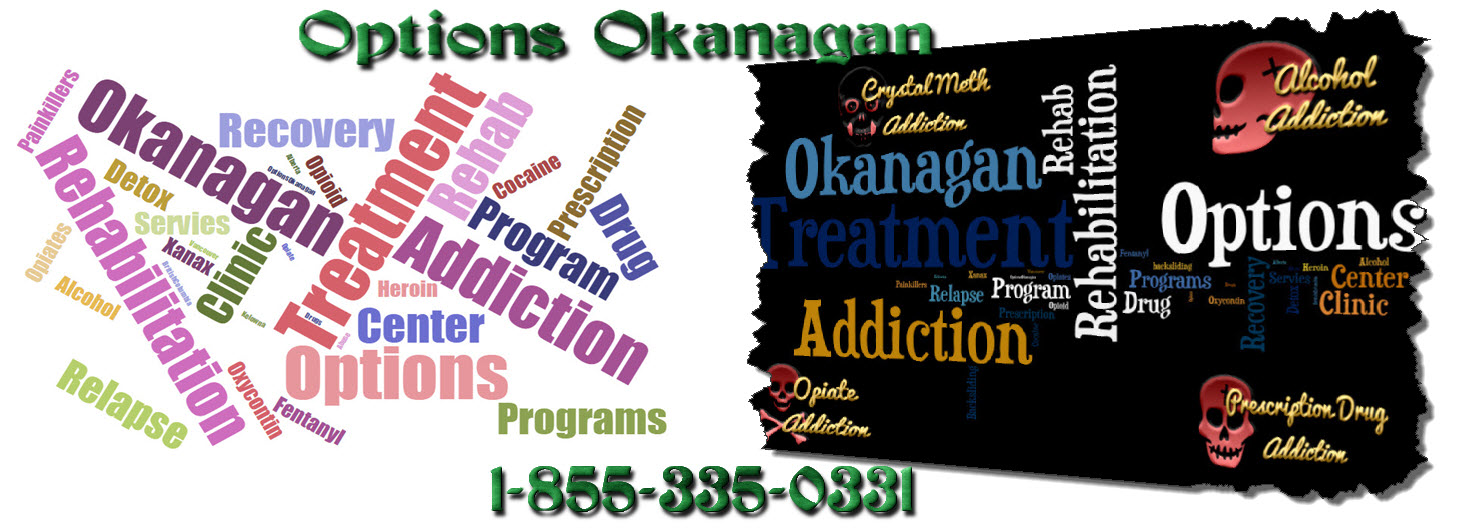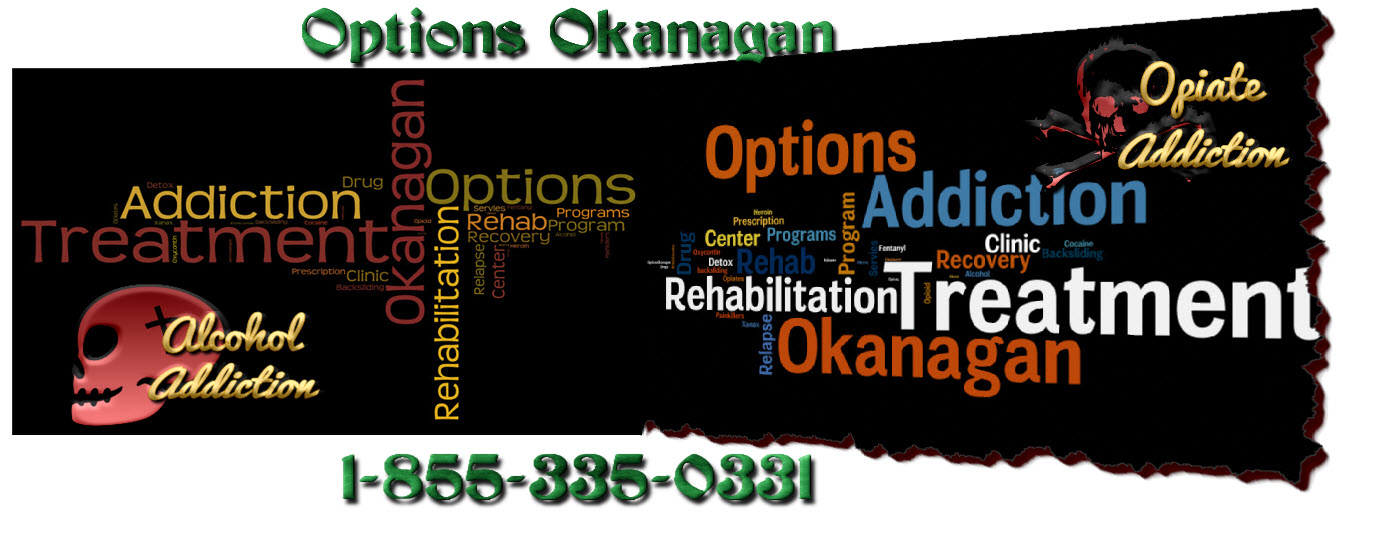When drinking turns into Alcoholism: The start of alcohol dependency in Vancouver, British Columbia by Options Okanagan Treatment Center in Kelowna, British Columbia treating alcohol addiction and recovery.
Uncovering The Beginning Of Dependency
It’s extremely difficult to identify an isolated point where casual drinking turns into an alcohol abuse problem. Individuals vary widely and it’s very difficult to pinpoint a precise amount of alcohol that turns into a problem. Age, health, weight, and genetic predispositions all change the amount of alcohol that is dangerous. Many recovering alcoholics consider the phrase “one drink is too much but 10 are not enough” to be quite apt. In many cases the only time a person can identify the line of alcohol addiction is after they have crossed it.

Denial is very common. Many people falling into alcoholism tell themselves they only drink on weekends, or they know how to limit their intake on a single night, or they only drink when they’re safe at home. The excuses are virtually endless. Breaking through this denial and evaluating one’s behavior in terms of dependence is very importance.

Signs Of Dependence On Alcohol
There are a vast array of different symptoms that may signal the onset of alcohol addiction. These indicators may start out very small, but alcoholism is a progressive disease. Addicts are likely to accelerate quickly when they start moving down. The following signs might all herald a real alcohol problem:
1) Jokes about being an alcoholic – Many drinkers mock their own behavior in order to avoid taking it seriously. They want to hide the issue both from other people and from themselves.
2) Time-management problems – Alcoholics frequently bow out of social engagements or other obligations due to drunkenness or hangovers. When people begin missing school or work on a regular basis due to drinking their problem is becoming serious.
3) A need for mood alteration – If a person starts to consider a drink as a necessary component of relaxing, stress relief, or dealing with sadness they may be at risk of alcoholism.

4) Untrustworthiness – When people start to become truly dependent on alcohol they start breaking promises. “Drinker’s remorse” is a very real phenomenon. Despite promising to alter their behavior, most alcoholics continue down the negative path.
5) Concealing drinking habits – People who are advancing towards full-blown alcoholism may recognize that they have a problem and try to hide it. Stores of liquor and empty bottles may both be hidden from prying eyes.
6) Blackouts – This is not the same thing as passing out. “Blackout” refers to short-term anterograde amnesia, the inability to remember what happened when one was drunk.
7) Contempt for personal relationships – As alcoholism progresses, the sufferer is likely to subject his or her friends, family members, and colleagues to unfair stress and strain. Even if the alcoholic recognizes this, he or she will find continued drinking more important than maintaining and repairing personal relationships.
Ultimately, it’s more important to look out for significant warning signs like these instead of cataloging one’s alcohol intake drink by drink.
Options Okanagan Drug and Alcohol Treatment Centers in Kelowna, Salmon Arm and Vancouver, British Columbia – Men and Women are recovering and healing from Alcohol and Drug Abuse at our treatment center here in the Okanagan right now.

Our unique and distinctive Drug and Alcohol treatment program allows men and women to come in from Vancouver, Calgary as well as Edmonton as we offer airport pickup.
Numerous clients come to us from Vancouver, Calgary and Edmonton and other locations in Alberta and BC for Opiate addiction treatment, meth drug treatment, many other drug and alcohol addictions for rehabilitation because of the uniqueness of our treatment center.
Our Treatment Location:
Options Okanagan Alcohol Treatment Center
551 Sherrydale Crescent, Kelowna, British Columbia, V1V 2E6
Toll Free Phone Number : 1-855-335-0331
